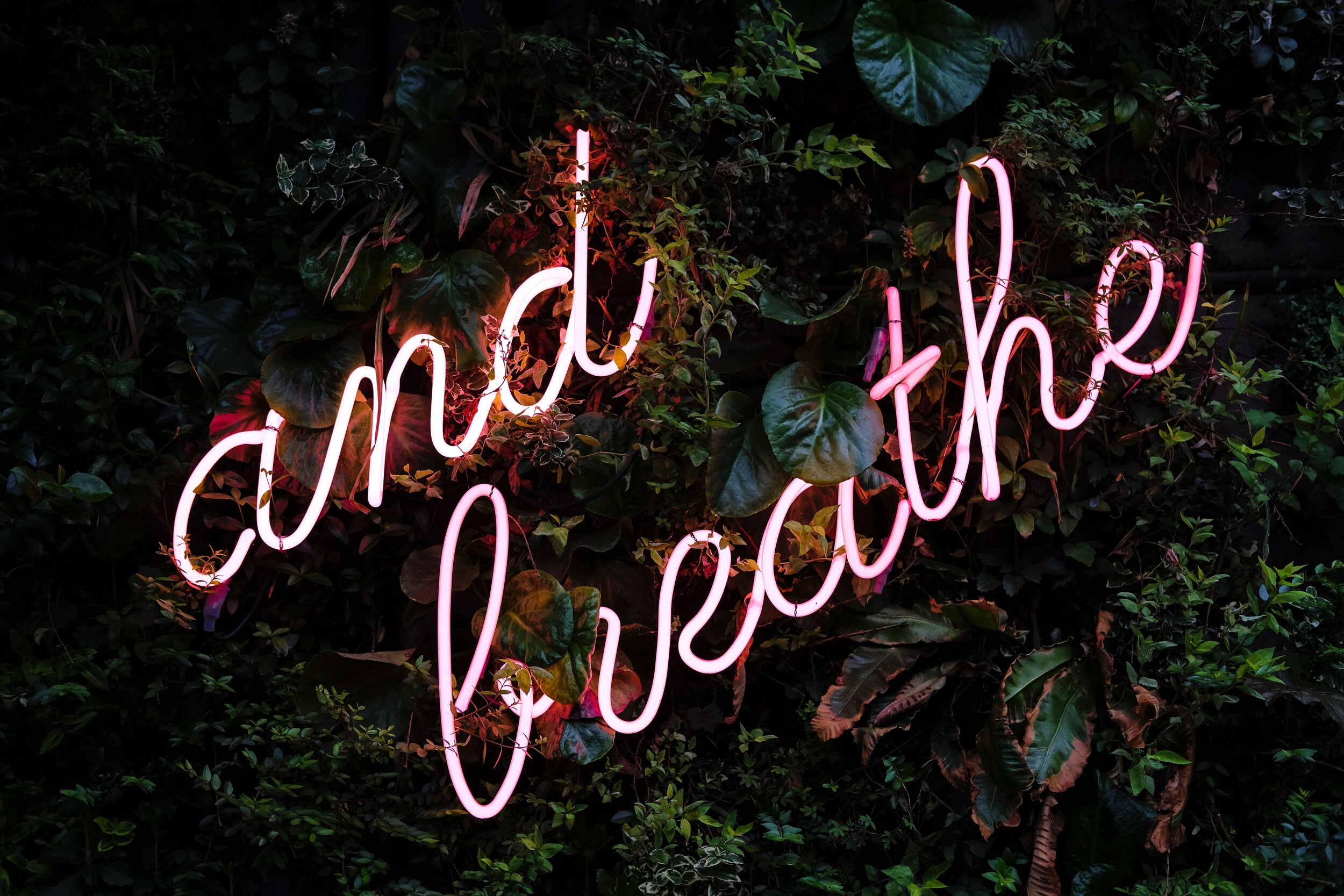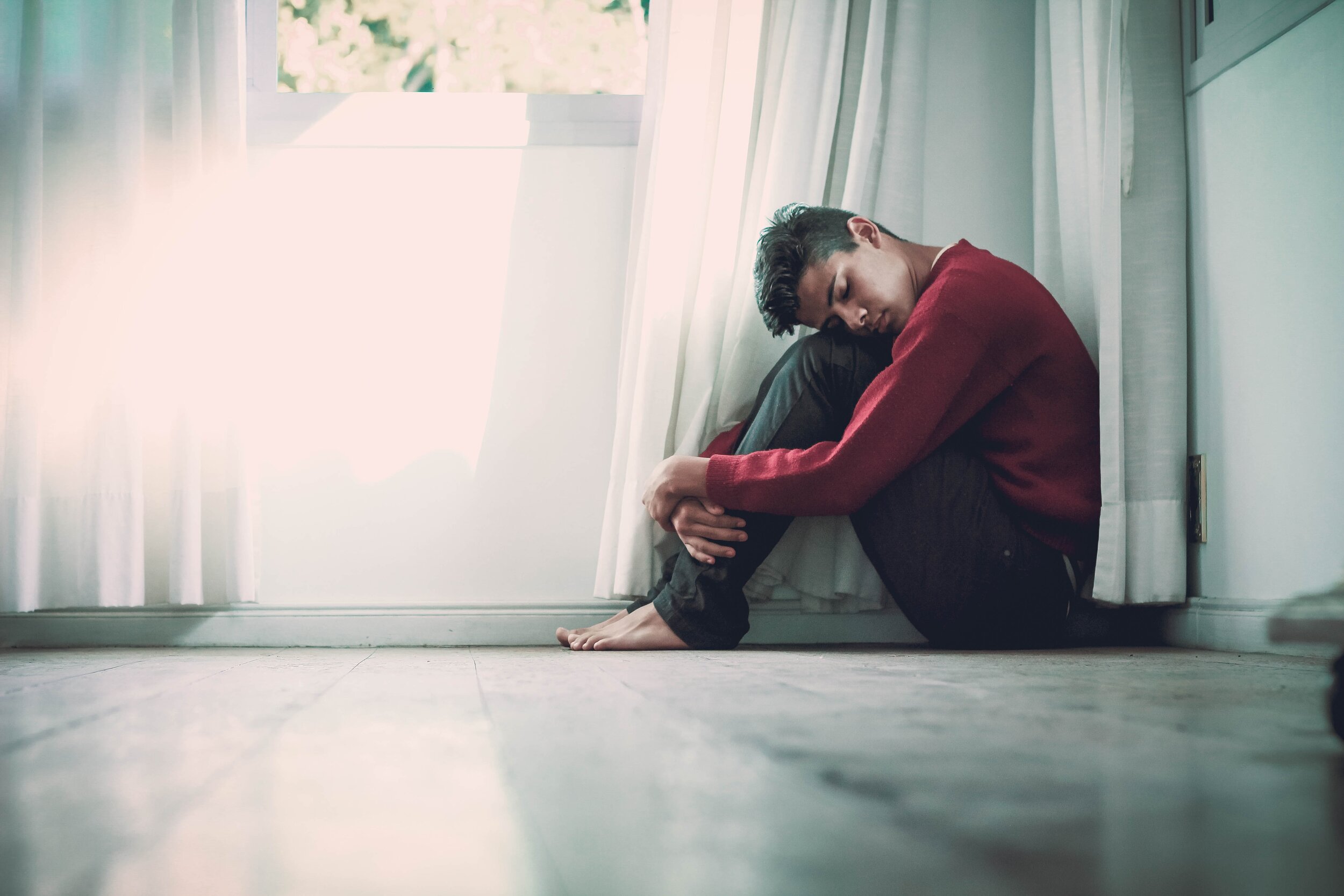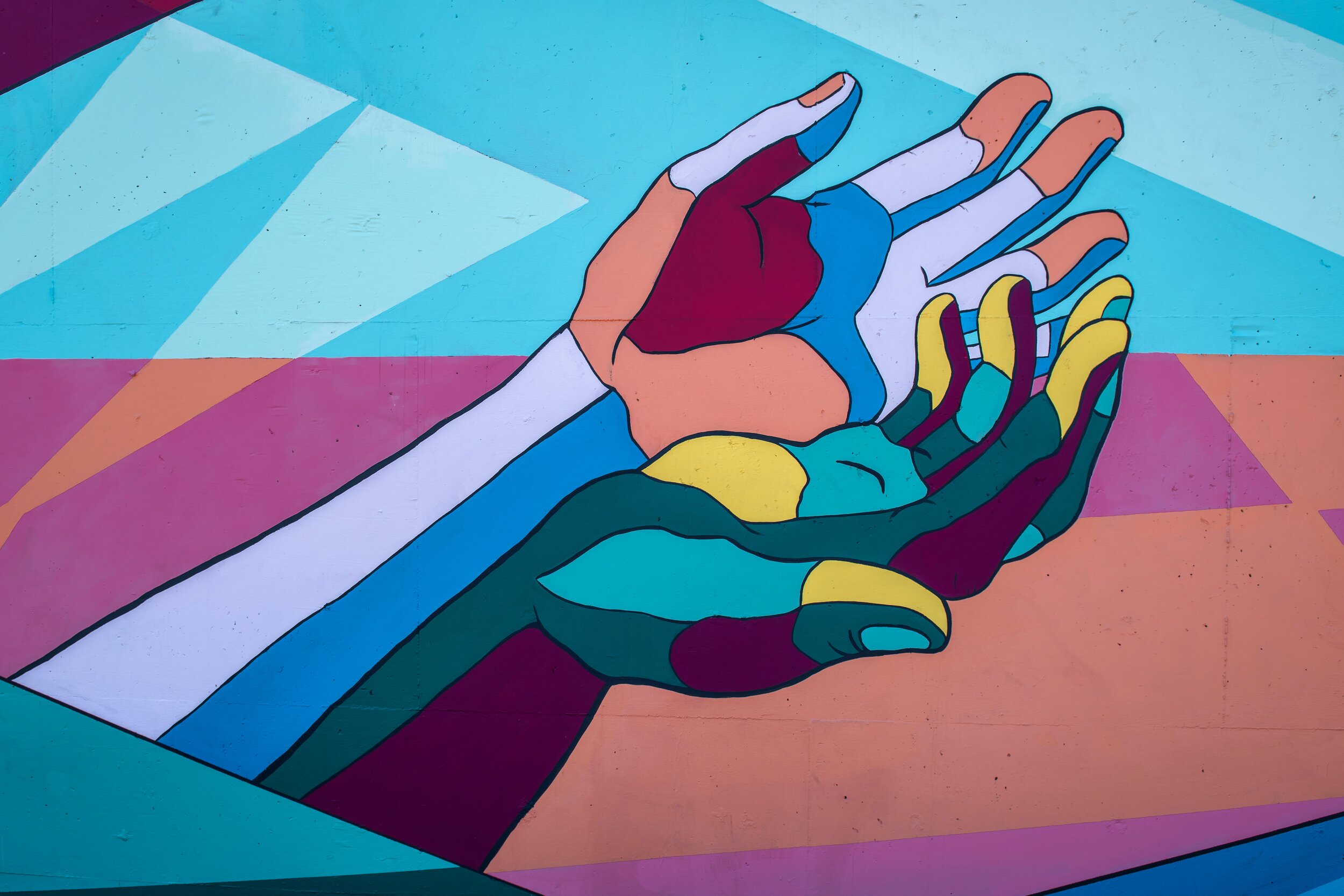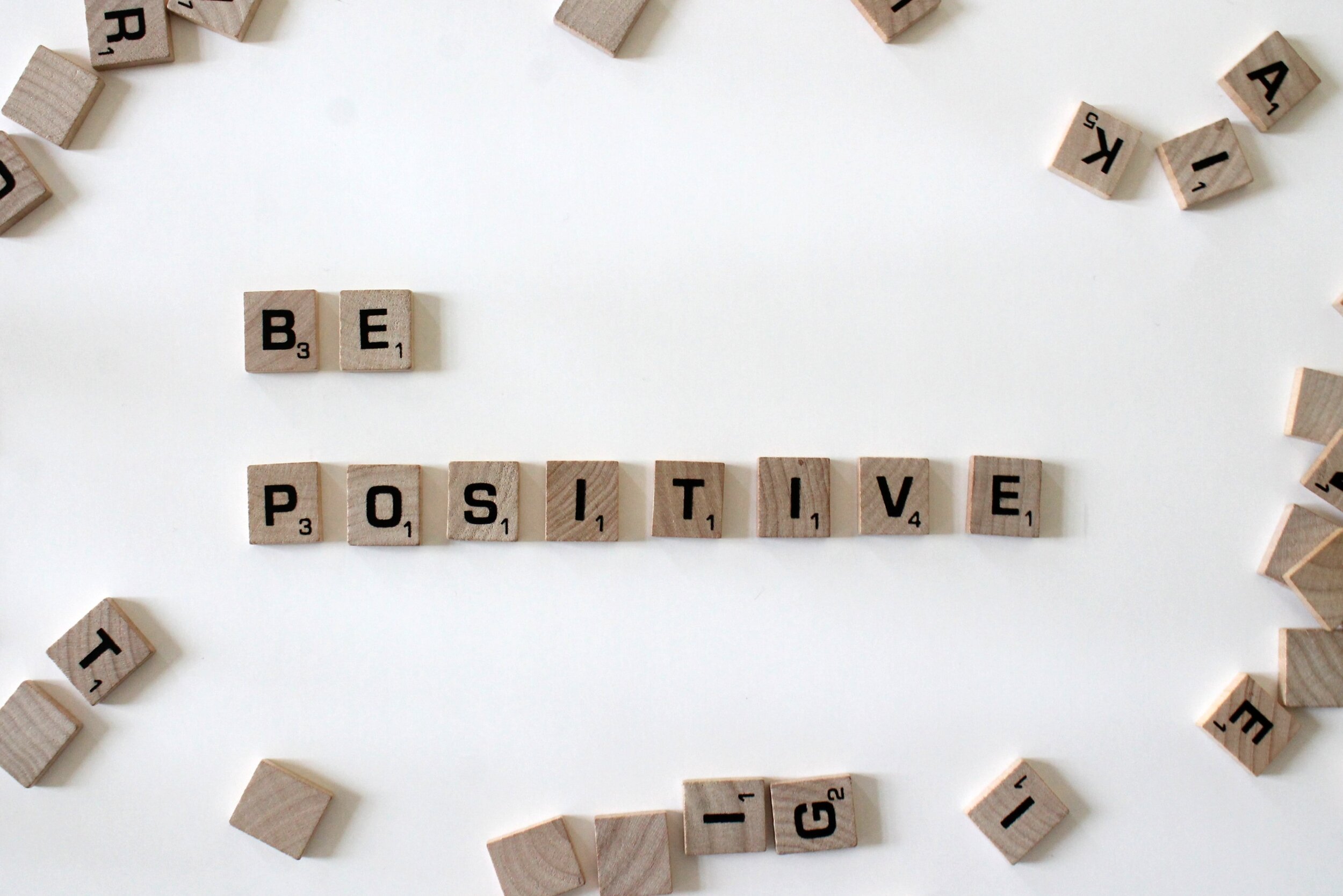Events

One of the best ways to reduce anxiety is using a tool all of us have in our tool belts of skills all of the time: breathing. However, while breathing is something we all do, every day, there are certain types of breathing that help reduce anxiety and the more you practice them, the easier it is to use in difficult moments. Diaphragmatic breathing is one technique that can be beneficial for reducing anxiety.

Everyone has heard of the concept of “fight or flight” before. We know that when we perceive a threat exists (whether real or imagined) our sympathetic nervous system awakens. We’ve all had those moments where we experience a surge of adrenaline and our heart beats fast, our breathing quickens, muscles tense, etc. In this moment, our brains are evaluating whether the danger is real or not and whether you will stand up to it (fight) or run away (flight). However, there is a third option to the fight or flight response that we don’t talk about as often and this is “freeze”. We will explore this response, the benefits of this, as well as ways to reduce the impact this has on our bodies and minds.

As the pandemic continues and the way we typically work and play has changed drastically, we are spending more time at home, away from our friends and family. With limited social connection and disruption of routines, there will be an adjustment period for all. Prioritizing your self care during this time is crucial for your mental health and will help reduce stress and anxiety, boost your mood, and support your overall health and wellness.

Studies report that healthcare workers are and will continue to experience psychological distress along with symptoms of anxiety and depression, managing the many stressors they face on the frontlines and how this impacts their daily lives. How can we support healthcare workers? Here are a few strategies to care for you or a loved one’s mental health at this time, especially if you are working on the frontlines.

It’s easy to get sucked into a Netflix marathon or an eight-hour video game run. However, we know that sometimes too much screen time can have a negative impact on mental health so we are constantly told to to watch our screen usage. The problem is that during the COVID-19 pandemic, when we are told to remain socially distant from others, we are often using technology and having more screen time than is typical, in order to remain connected with others, which is positive. So how can we utilize technology in positive and healthy ways as we remain socially distant?

Social distancing has become crucial in order to prevent the spread of the new coronavirus. However, this can feel lonely and isolating, especially if you typically are on your own whether in your work life or personal life. For many, connecting via social media has become the new norm. Whether being on your own is something you are used to or not, the differences at present are valid and can take a toll on anyone.

We are always encountering stressful situations and have to determine the best ways to manage these in order to reduce anxiety and fear. As the Coronavirus pandemic continues, it is easy to feel fear and anxiety, amidst a global crisis. There is uncertainty around many things at present however this does not mean that you cannot use strategies to remain in the present and turn your thoughts away from those anxieties to other thoughts as well as ideas around what the future may hold at the end of this experience. There are strategies that can be used to remain in the present moment, pushing forward through anxiety.

Martin Seligman, one of the founding fathers of Positive Psychology, recommends the “Put It In Perspective” exercise to help refocus the brain and reduce anxiety. This practice focuses first on deciding the worst-case scenario, which our brains typically tend to do first, moves to the best-case scenario, and then settles on the most likely scenario. In this way, thoughts move from those that are irrational to those that are rational.

It remains uncertain how long this pandemic will last or the true impact it will have. Additionally, we still know little about the virus itself and how it impacts our daily lives moving forward. We still need to figure out what concerns we should have, as there are so many unknowns. However, what we do know right now is that everyone is impacted by this pandemic. Thus, it is time for us all to come together for a common goal, and utilize positive coping strategies to work through the present moment and any negative feelings that arise. This notion also gives comfort as we know we are not alone, we are all experiencing this.

Right now, for many of us, the world is an uncertain, and at times, scary place. We may feel hopeless and unfocused at present, reading articles and watching reports that exacerbate those feelings. However, amidst this negativity there are many individuals engaging in acts of kindness and positivity, as well as acts of heroism as the world battles against COVID-19.